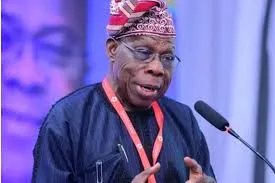
Rumors of Obasanjo’s Death: Why the Truth is Essential for Digital Reputation
Rumors about public figures, such as the ones surrounding former Nigerian President Olusegun Obasanjo, are not uncommon in the digital age. These rumors can be damaging, not only due to their false nature but because they reflect the speed at which misinformation spreads on social media platforms.
Obasanjo has faced death rumors multiple times, but he has always addressed them directly, urging people to be skeptical of such false reports.
For example, in 2012, he publicly denied a death rumor, expressing concern about how easily these false stories could spread, particularly in the era of social media
.Similarly, when rumors about President Buhari’s death surfaced, Obasanjo criticized the conspiracy theories, emphasizing how such unfounded stories harm public discourse and urging greater responsibility in the use of social media.
In the context of digital reputation, the spread of such rumors highlights the importance of accuracy and responsibility in information sharing.
As more people turn to social media for news, the ability to distinguish between truth and misinformation becomes crucial, especially for individuals in the public eye.
These situations also emphasize the power of digital platforms and the role they play in shaping public perception, which can have far-reaching consequences for both the subjects of the rumors and society at large.
Leave a Reply